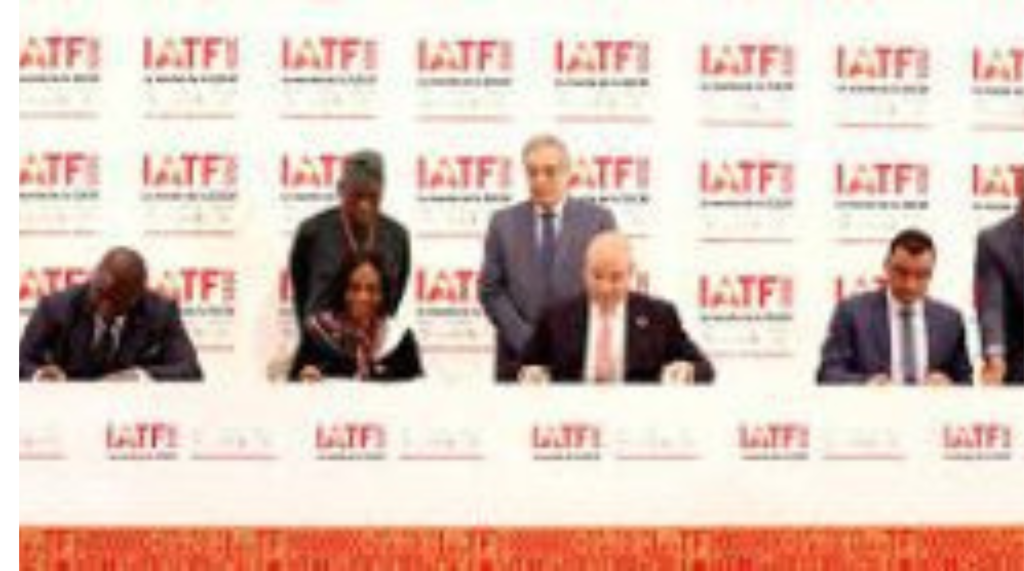The African Union (AU) announced a new framework targeting a 30% increase in intra-African trade by 2025, leveraging the African Continental Free Trade Area (AfCFTA) as a central mechanism to facilitate this ambitious goal. Unveiled in Addis Ababa, Ethiopia, the plan seeks to reduce trade barriers, streamline cross-border regulations, and promote economic integration across Africa’s 55 member states.
African Union Chairperson Moussa Faki Mahamat, speaking at the announcement event, underscored the initiative’s importance in realizing Africa’s economic potential. He highlighted the need for member states to adopt harmonized policies and work towards removing tariffs and non-tariff barriers, which have historically impeded trade growth within the continent. “With this framework, we aim not only to boost trade flows but also to stimulate job creation, improve income levels, and reduce poverty across Africa,” Mahamat stated.
The framework emphasizes AfCFTA as a pivotal tool in this vision. Launched in 2021, AfCFTA is already the world’s largest free trade area by number of countries involved, and it aims to create a single market with over 1.3 billion people. According to AfCFTA Secretariat Secretary-General Wamkele Mene, the new AU framework will enhance the ongoing implementation of AfCFTA by promoting logistics and supply chain efficiencies, improving customs processes, and fostering regional cooperation. Mene also expressed optimism that the new policy could open up growth opportunities for small and medium-sized enterprises (SMEs), which make up a substantial portion of Africa’s economy.
To address the continent’s infrastructure and logistical challenges, the framework proposes a variety of strategies, including improved transportation networks, investment in digital trade platforms, and a focus on expanding access to financial services for underbanked populations. The framework further advocates for the adoption of digital tools to simplify customs and regulatory processes, which would allow goods and services to flow more smoothly between African nations.
Recognizing the importance of collaboration, the AU called on member states, private sector players, and international partners to participate in the initiative. The plan seeks support from regional economic communities (RECs) such as the Economic Community of West African States (ECOWAS) and the Southern African Development Community (SADC) to achieve region-specific targets within the broader AU goalsts predict that the successful implementation of the framework could unlock significant economic benefits. Increased intra-African trade could reduce Africa’s dependence on exports to non-African countries, making the continent’s economies more resilient to global market fluctuations. It is estimated that boosting internal trade by 30% could generate up to $35 billion in additional annual revenue by 2025. Additionally, an increase in intra-African trade could enhance regional supply chains, improve access to goods and services, and potentially lower consumer prices across the continent.
As part of the framework’s roll-out, the AU plans to conduct annual progress reviews and offer capacity-building support to member states to help them align with the new trade goals. These reviews will help ensure that countries can adapt to emerging trade challenges and make adjustments where necessary.
The AU’s initiative marks a significant step towards realizing Agenda 2063, Africa’s strategic framework for inclusive and sustainable development. With a renewed focus on intra-African trade, the AU is positioning the continent for economic growth and resilience, with AfCFTA serving as the foundation for future prosperity.



















